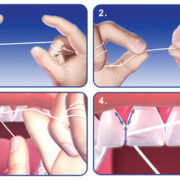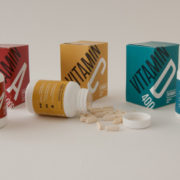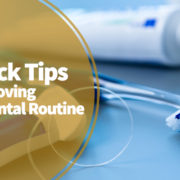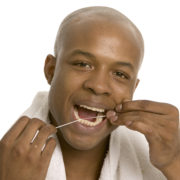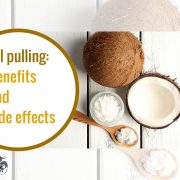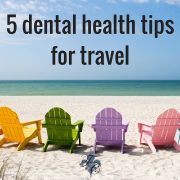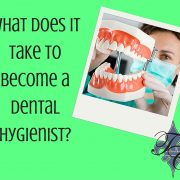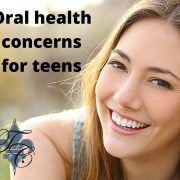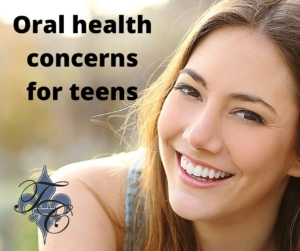How to Floss the Right way
Pretty much everyone knows that brushing your teeth is important. If you don’t make this oral hygiene process part of your routine, close talking might lead to friend loss, but flossing doesn’t seem to carry the same importance for many people.
According to the American Dental Association, only four out of ten Americans floss at least once a day, and two out of ten never floss.
Flossing is vital to your oral health. Using floss helps to remove plaque build-up, food debris, and stimulate gum health. It has an abundance of pros, very few cons (other than being slightly annoying), and those who don’t make it a routine are putting themselves at a higher risk for cavities, halitosis, gum disease, and more.
Let’s say you decide it’s time to make flossing your newest consistent habit. How do you know if you’re even doing it right? In this post, we’ll let you know the dentist-recommended flossing techniques for scaring away all the no good teeth maladies.
Make sure to do the following:
- Take about 18 inches of floss, wrap each end around the middle fingers, leaving a little hanging at the end so you can adjust your hold
- Using your thumb and index finger, hold the floss until it is taut and place between teeth, moving slowly up and down
- Make sure to move the floss along the base of each tooth going beneath the gumline
- Do NOT use floss that makes a “snapping” sound when put between the gum and the tooth. This could cause damage.
What Floss is the Best?
This depends on the type of teeth you have and your gum sensitivity. Flosses that are waxed and resemble “tape” are often good for going into tight spaces between your teeth, though some people fare just fine with unwaxed floss.
Others prefer to use flossing tools…
- Water flossing tools (like “Waterpik”) – this is a tool that pushes water into the spaces between your teeth at high speeds in order to remove debris. These tools are great for people with braces as they get to those hard to reach crevices that hold food and plaque that cause major problems.
- Flossing picks – these little tools are made of a plastic and already have floss attached to the head of the device. The benefit is that those hard to reach molars in the back are easier than ever to get to – without putting your whole fist in your mouth.
- Threader Floss – this tool is designed specially for those with braces. Though using the threader isn’t exactly time efficient, it may be necessary to get the thread between the wires and metal.
If the fancy stuff isn’t for you, just go with the old original string floss! There are plenty of coatings and minty flavors to make the whole event a little more enjoyable.
So do yourself a favor and be in that 40 percent of Americans that floss once a day…your gums, dentist, and friends will thank you.

